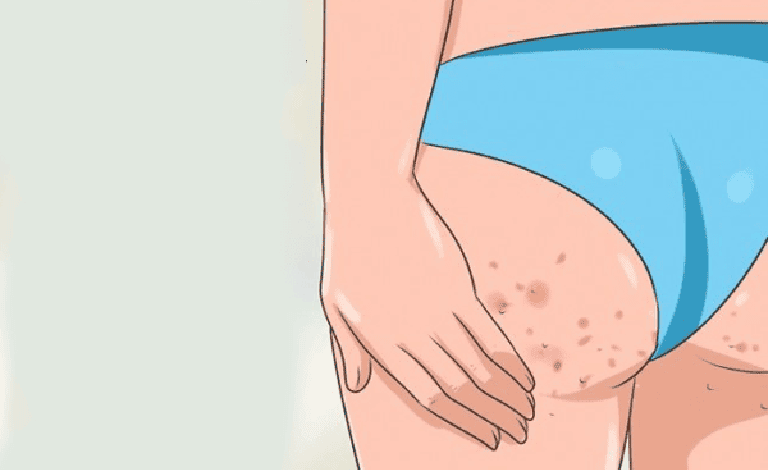Is KP Dangerous? Understanding This Common Skin Condition
As a beautician, it's crucial to understand various skin conditions that clients may face. One such condition is Keratosis Pilaris, often referred to as KP. But the question many ask is, is KP dangerous? In this comprehensive guide, we'll explore the nuances of KP, its implications, and how it can be managed effectively to ensure your clients maintain healthy, glowing skin.

What is Keratosis Pilaris?
Keratosis Pilaris, commonly known as chicken skin, is a harmless skin condition that results in small, hard bumps, primarily on the upper arms, thighs, cheeks, or buttocks. These bumps are usually white or red and don't itch or hurt. KP occurs when keratin, a protein that protects the skin from infections, builds up and blocks the opening of a hair follicle. This is a common condition, particularly in children and teenagers, and often improves with age. According to dermatological studies, KP affects nearly 50% of the world's population at some point in their lives.
For more detailed medical insights, you can refer to this Harvard Health article.
Is KP Dangerous?
Is KP dangerous? The simple answer is no. KP is considered a benign condition, meaning it is non-cancerous and poses no serious health risks. While it might be aesthetically unpleasing for some, it does not lead to any long-term health issues. However, understanding KP is essential for beauticians, as it can affect a client's self-esteem and confidence in their skin.
Psychological Impact of KP
While KP is not physically dangerous, it can have psychological effects on individuals, especially teenagers and young adults who may feel self-conscious about their appearance. As a beautician, acknowledging these feelings and offering empathetic support can make a significant difference. Educating clients about the nature of KP and assuring them of its harmlessness can help alleviate anxiety related to the condition.
Managing KP in a Beauty Routine
Though KP cannot be cured, its appearance can be minimized with proper skincare routines. Here are some strategies beauticians can recommend:
Exfoliation and Moisturization
Gently exfoliating the skin can help remove dead skin cells and reduce the rough texture of KP. It is crucial to choose gentle exfoliants to avoid skin irritation. Products containing alpha hydroxy acids (AHAs) like glycolic acid can be particularly effective. Follow up with a rich moisturizer to keep the skin hydrated and smooth. For more tips on managing bumpy skin, consider reading this guide on glycolic acid.
Regular Skincare
Consistency is key in managing KP. Encourage clients to adhere to a daily skincare routine that includes gentle cleansing, exfoliation, and moisturizing. This regular care can significantly improve the skin's texture over time.
Professional Treatments
For those looking for more intensive options, professional treatments such as laser therapy or chemical peels might be considered. These should be performed by certified dermatologists or trained professionals to ensure safety and effectiveness. It's important to discuss these options with clients, providing them with all necessary information to make an informed decision.

FAQs About Keratosis Pilaris
1. Can KP be Prevented?
There is no known way to prevent KP, as it is largely genetic. However, maintaining a regular skincare routine can help manage its appearance.
2. Does KP Worsen Over Time?
KP often improves with age and rarely worsens. It might fluctuate with changes in seasons or skin conditions but is generally manageable.
3. Are There Any Dietary Changes That Help KP?
While there is no specific diet to treat KP, a balanced diet rich in vitamins and omega-3 fatty acids may support overall skin health.
For more insights on dealing with rough skin, you may want to explore why skin can be rough.
In conclusion, KP is a common and harmless condition. As a beautician, your role in educating and supporting clients is invaluable. By sharing knowledge and offering effective skincare solutions, you can help clients feel more confident and comfortable in their skin.

